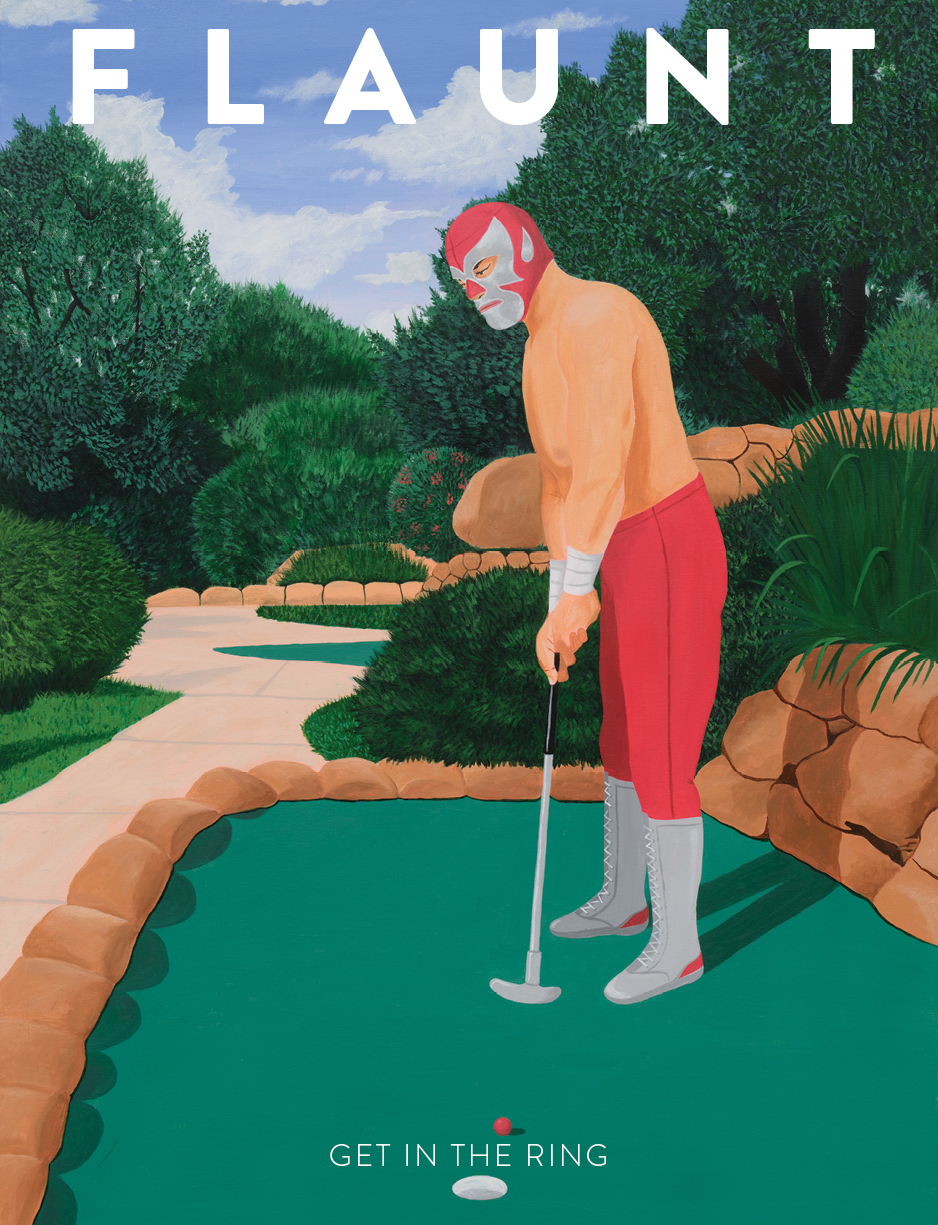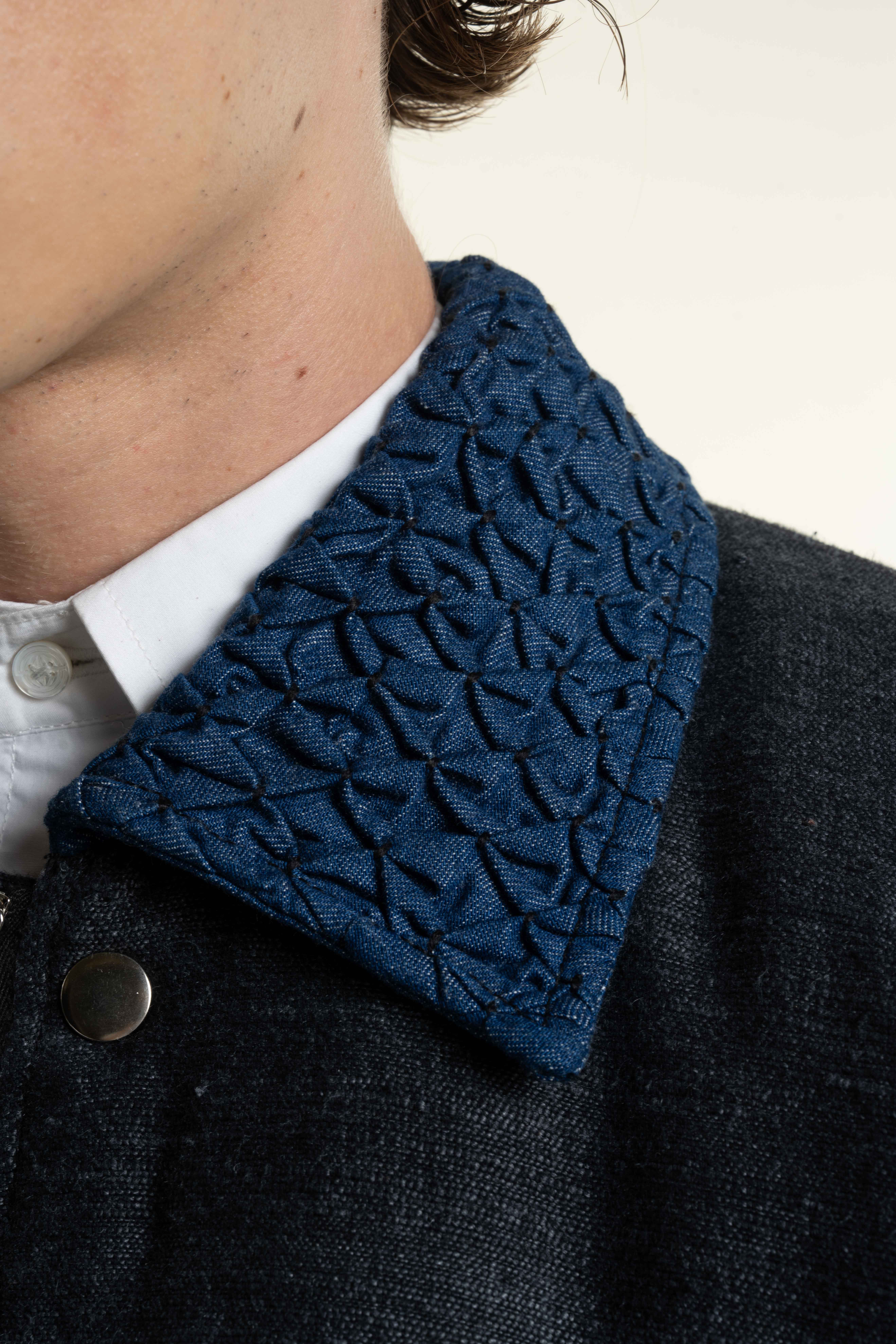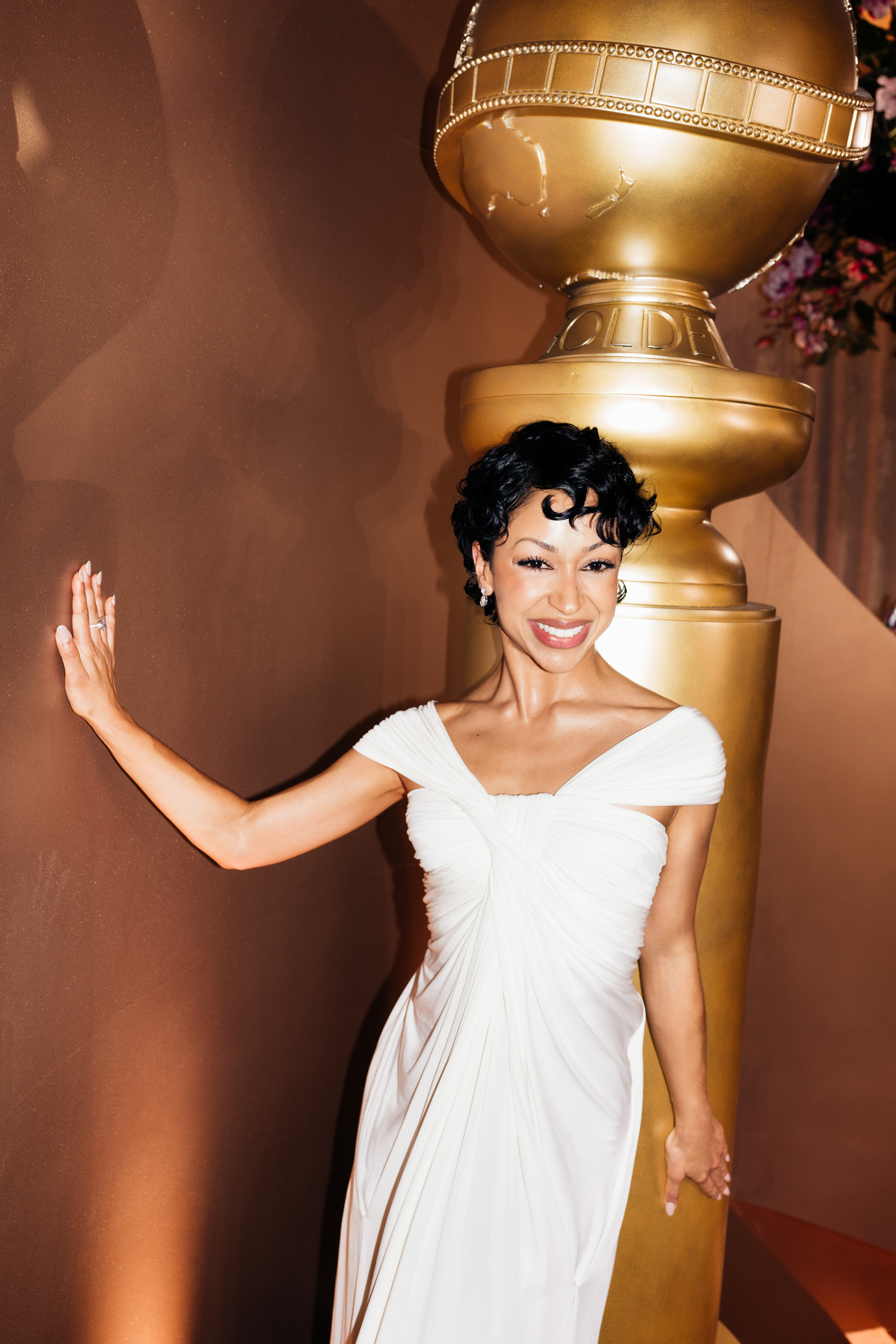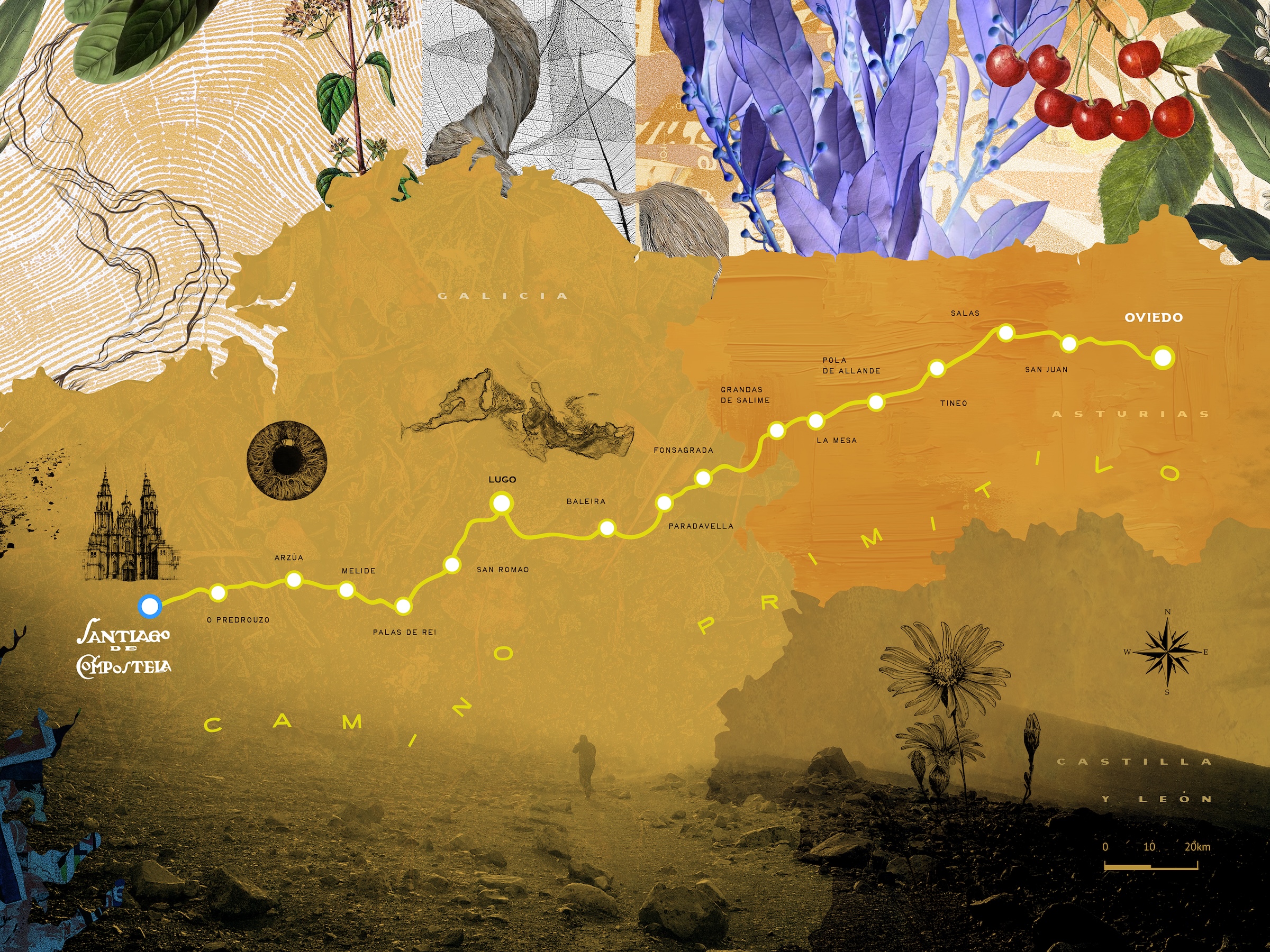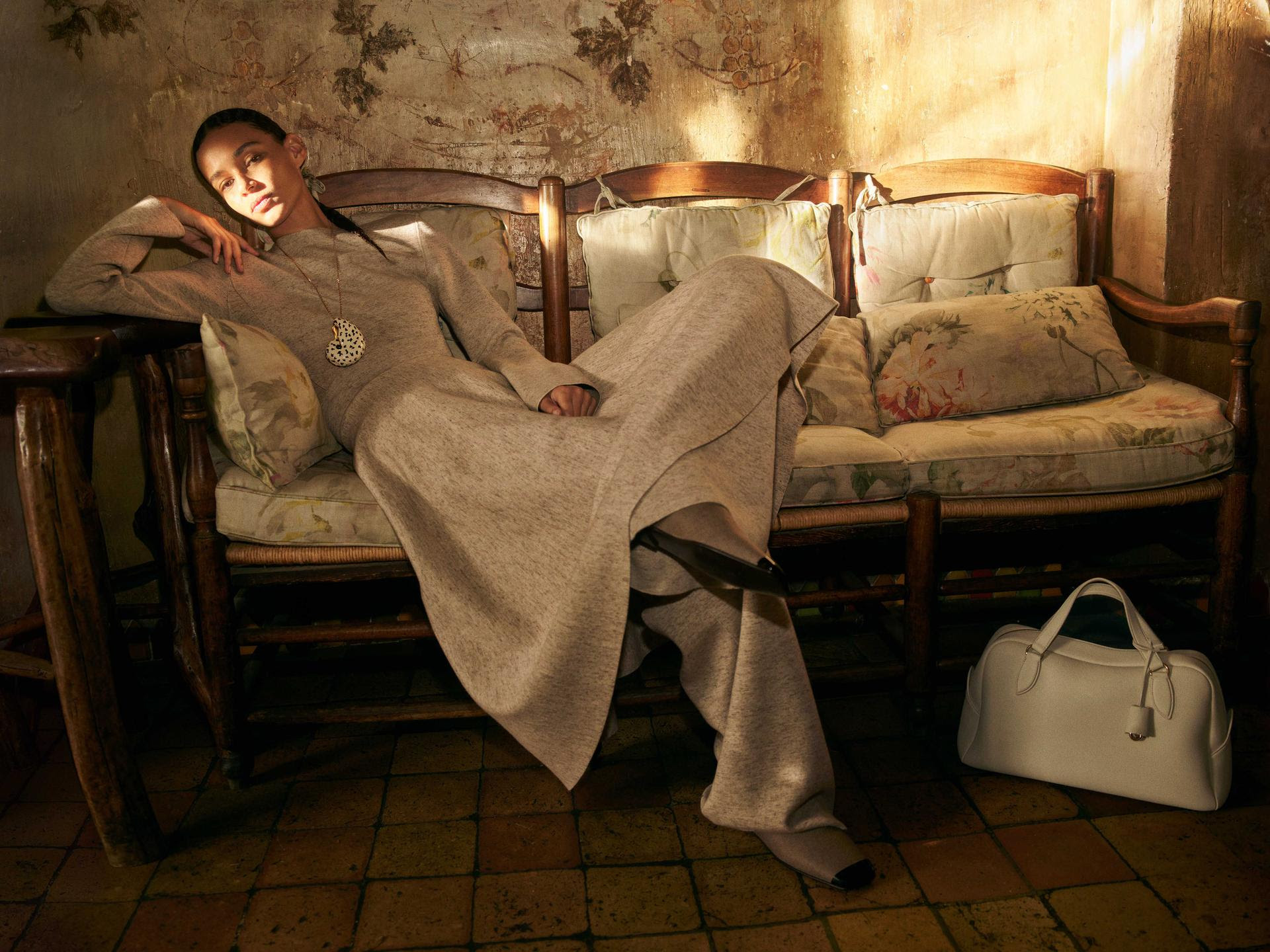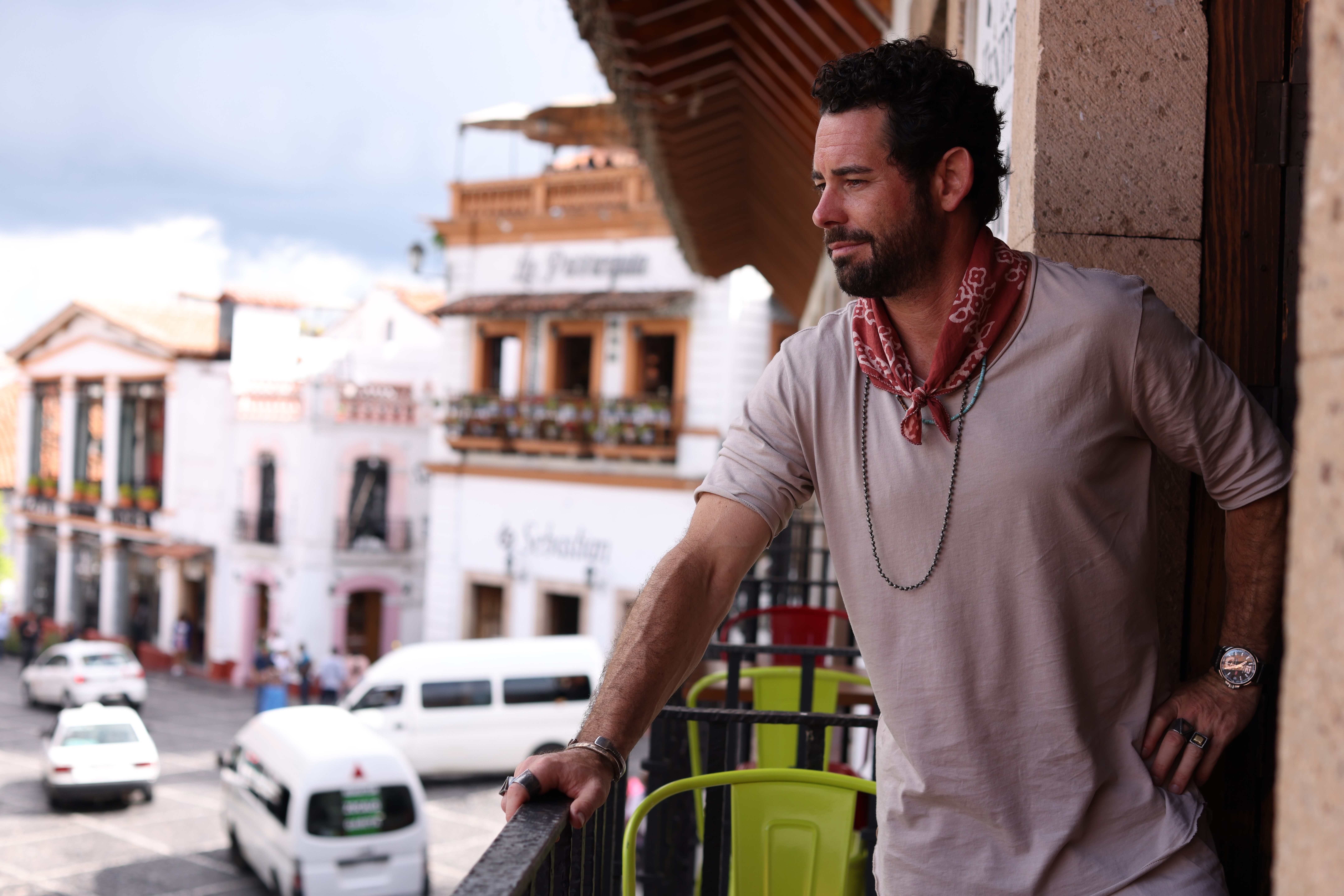### Contributor Molly Oswaks talks identity swapping, fundamentalist cults, controlling exes, and seeking liberation.


I spent much of the year leading up to my breakup embedded in a polygamist cult along the Utah-Arizona state line. My first trip to Short Creek––the name given collectively to the twin towns of Hildale, Utah, and Colorado City, Arizona––lasted only 36 hours, a flash reporting trip to cover the first-ever Christmas celebration for apostate defectors of the Fundamentalist Church of Jesus Christ of Latter Day Saints (FLDS). Women and children, many with their hair still done in the customary elaborate French braids, gathered together to eat iced sugar cookies and wrap their choice of donated toys and clothes, the first Christmas presents their families would ever receive. As the ladies meticulously folded and taped the edges of sparkly wrapping paper around discount makeup sets with 25 different shades of eye shadow and waxy palettes of blush, I scribbled their stories into my pocket notebook, fast filling with details more shocking than I’d prepared myself to hear. I cried for a full week after returning back to New York, stunned by how stunted these women were, and how familiar that feeling of willful oppression.
I’ve always been drawn to extremes. Just last week, I thumbed open an old copy of Milan Kundera’s _The Unbearable Lightness of Being_, a book I haven’t read in at least ten years, and found a single sentence underlined, without comment: “Extremes mean borders beyond which life ends, and a passion for extremism, in art and in politics, is a veiled longing for death.” The FLDS is an early offshoot of the mainstream Mormon church, which outlawed polygamy in the late 19th century. Their prophet Warren Jeffs has been in a Texas prison since 2011, where he is a serving a life sentence for the sexual assault of just a few of his child brides––all told he’s thought to have wed over 80 young women.
But followers of the faith remain true to his teachings, which in recent years have outlawed any physical intimacy between a man and his wives, forbidden dating or new marriages, shut down schools, set seemingly arbitrary restrictions on food consumption, and expressly prohibited all outside media. There’s a certain sense of safety in adhering to such strictures. They give life a sense of purpose and safety. And for fourth and fifth-generation members of the faith, these rules are their culture, birthright, and inheritance. Religion, here, is both the family business and the leisure-time hobby. Their faith is a full- time job, with no room for interpretation. It is also the singular decorating scheme, with large framed portraits of Jeffs and his father, the late “prophet” Rulon Jeffs, adorning the otherwise bare walls of every home in town.
Leaving the cult can be gradual and sudden. You start to question certain practices, seek outside information, consider a different kind of life. That’s where it begins, the idea that maybe life could be better. That maybe this isn’t working for you anymore.
Many of the girls I know who’ve left the FLDS used to keep so-called gentile clothes hidden in their closets––for just in case, or for dress-up. Cosplaying normality, they’d get together and apply forbidden makeup, unbraid their hair. On one of my later visits to Short Creek, I found an old pale-blue prairie dress at the town thrift store, donated by a girl who’d left the community and its uniform behind. I had a woman in town braid my hair before I left, and wore the dress back to Las Vegas (the easiest and closest city to fly in and out of). I cosplayed cult-runaway at the Venetian, The Bellagio, and the Treasure Island hotels.
I wanted to know what it felt like to be those girls, hidden and erased, made uniform by their matching girlish looks, all pastels and ruffles and covered wrists and ankles. Men who might other- wise have hit on me asked if I was okay, was I safe, did my family know where I was, speaking slowly, like you would to a child. Bachelorettes in bandage dresses and precarious heels sneered at me in my modest attire. “Show us your tits,” one yelled, my modesty a perceived indictment on her bare skin and full cleavage.
I wanted to allow the people I interacted with to play out their fantasy of me, so I spoke carefully, but I didn’t lie. Did my family know where I was? I’m not sure, I told them. Where was I headed? New York, I said, I want to tell my story. Also true. I let one man in town for a convention buy me a drink, red wine. He was impressed by my palate. He had no idea who he was dealing with, but I knew what he saw: a naive girl, a lost girl, a girl who’d been controlled and con- fined and kept from society. I let him see what he wanted to, but my mind spun, fueled by the utterly unique experience of hiding in plain sight. I was a journalist embedded in my own body. I let the story play out over me, with every passing glance, every nod hello, every condescension.
It’s been nearly a year since my last trip to Short Creek.In retrospect, I binged on those reporting trips. I mined mysources for every detail they could offer, telling story afterstory, high on the otherness of the place and its people. Iwas also avoiding a relationship in New York that was reaching its own natural expiration date. Like those women, I toohad made a man my higher power. I’d given my life over toa relationship, I’d allowed the relationship to become mywhole life. And when it stopped working, when I started to think that maybe I wanted more for myself, I left.
First, to the most extreme place I could find, drawn like a moth to women in more drastic circumstances than my own. My creative mind sought a projection of something familiar but more grand in its scale and scope, an extreme version of a fairly common dynamic: pow- er and control. One women I spoke with on one of my visits to Short Creek told me that after a while, you come a point at which you realize jumping off the cliff into the unknown is less scary than continuing to run, and so you jump. Like those women, I cut my hair and left my old clothes behind.
* * *
Written by Molly Oswaks
 
I spent much of the year leading up to my breakup embedded in a polygamist cult along the Utah-Arizona state line. My first trip to Short Creek––the name given collectively to the twin towns of Hildale, Utah, and Colorado City, Arizona––lasted only 36 hours, a flash reporting trip to cover the first-ever Christmas celebration for apostate defectors of the Fundamentalist Church of Jesus Christ of Latter Day Saints (FLDS). Women and children, many with their hair still done in the customary elaborate French braids, gathered together to eat iced sugar cookies and wrap their choice of donated toys and clothes, the first Christmas presents their families would ever receive. As the ladies meticulously folded and taped the edges of sparkly wrapping paper around discount makeup sets with 25 different shades of eye shadow and waxy palettes of blush, I scribbled their stories into my pocket notebook, fast filling with details more shocking than I’d prepared myself to hear. I cried for a full week after returning back to New York, stunned by how stunted these women were, and how familiar that feeling of willful oppression.
I’ve always been drawn to extremes. Just last week, I thumbed open an old copy of Milan Kundera’s _The Unbearable Lightness of Being_, a book I haven’t read in at least ten years, and found a single sentence underlined, without comment: “Extremes mean borders beyond which life ends, and a passion for extremism, in art and in politics, is a veiled longing for death.” The FLDS is an early offshoot of the mainstream Mormon church, which outlawed polygamy in the late 19th century. Their prophet Warren Jeffs has been in a Texas prison since 2011, where he is a serving a life sentence for the sexual assault of just a few of his child brides––all told he’s thought to have wed over 80 young women.
But followers of the faith remain true to his teachings, which in recent years have outlawed any physical intimacy between a man and his wives, forbidden dating or new marriages, shut down schools, set seemingly arbitrary restrictions on food consumption, and expressly prohibited all outside media. There’s a certain sense of safety in adhering to such strictures. They give life a sense of purpose and safety. And for fourth and fifth-generation members of the faith, these rules are their culture, birthright, and inheritance. Religion, here, is both the family business and the leisure-time hobby. Their faith is a full- time job, with no room for interpretation. It is also the singular decorating scheme, with large framed portraits of Jeffs and his father, the late “prophet” Rulon Jeffs, adorning the otherwise bare walls of every home in town.
Leaving the cult can be gradual and sudden. You start to question certain practices, seek outside information, consider a different kind of life. That’s where it begins, the idea that maybe life could be better. That maybe this isn’t working for you anymore.
Many of the girls I know who’ve left the FLDS used to keep so-called gentile clothes hidden in their closets––for just in case, or for dress-up. Cosplaying normality, they’d get together and apply forbidden makeup, unbraid their hair. On one of my later visits to Short Creek, I found an old pale-blue prairie dress at the town thrift store, donated by a girl who’d left the community and its uniform behind. I had a woman in town braid my hair before I left, and wore the dress back to Las Vegas (the easiest and closest city to fly in and out of). I cosplayed cult-runaway at the Venetian, The Bellagio, and the Treasure Island hotels.
I wanted to know what it felt like to be those girls, hidden and erased, made uniform by their matching girlish looks, all pastels and ruffles and covered wrists and ankles. Men who might other- wise have hit on me asked if I was okay, was I safe, did my family know where I was, speaking slowly, like you would to a child. Bachelorettes in bandage dresses and precarious heels sneered at me in my modest attire. “Show us your tits,” one yelled, my modesty a perceived indictment on her bare skin and full cleavage.
I wanted to allow the people I interacted with to play out their fantasy of me, so I spoke carefully, but I didn’t lie. Did my family know where I was? I’m not sure, I told them. Where was I headed? New York, I said, I want to tell my story. Also true. I let one man in town for a convention buy me a drink, red wine. He was impressed by my palate. He had no idea who he was dealing with, but I knew what he saw: a naive girl, a lost girl, a girl who’d been controlled and con- fined and kept from society. I let him see what he wanted to, but my mind spun, fueled by the utterly unique experience of hiding in plain sight. I was a journalist embedded in my own body. I let the story play out over me, with every passing glance, every nod hello, every condescension.
It’s been nearly a year since my last trip to Short Creek.In retrospect, I binged on those reporting trips. I mined mysources for every detail they could offer, telling story afterstory, high on the otherness of the place and its people. Iwas also avoiding a relationship in New York that was reaching its own natural expiration date. Like those women, I toohad made a man my higher power. I’d given my life over toa relationship, I’d allowed the relationship to become mywhole life. And when it stopped working, when I started to think that maybe I wanted more for myself, I left.
First, to the most extreme place I could find, drawn like a moth to women in more drastic circumstances than my own. My creative mind sought a projection of something familiar but more grand in its scale and scope, an extreme version of a fairly common dynamic: pow- er and control. One women I spoke with on one of my visits to Short Creek told me that after a while, you come a point at which you realize jumping off the cliff into the unknown is less scary than continuing to run, and so you jump. Like those women, I cut my hair and left my old clothes behind.
* * *
Written by Molly Oswaks

I spent much of the year leading up to my breakup embedded in a polygamist cult along the Utah-Arizona state line. My first trip to Short Creek––the name given collectively to the twin towns of Hildale, Utah, and Colorado City, Arizona––lasted only 36 hours, a flash reporting trip to cover the first-ever Christmas celebration for apostate defectors of the Fundamentalist Church of Jesus Christ of Latter Day Saints (FLDS). Women and children, many with their hair still done in the customary elaborate French braids, gathered together to eat iced sugar cookies and wrap their choice of donated toys and clothes, the first Christmas presents their families would ever receive. As the ladies meticulously folded and taped the edges of sparkly wrapping paper around discount makeup sets with 25 different shades of eye shadow and waxy palettes of blush, I scribbled their stories into my pocket notebook, fast filling with details more shocking than I’d prepared myself to hear. I cried for a full week after returning back to New York, stunned by how stunted these women were, and how familiar that feeling of willful oppression.
I’ve always been drawn to extremes. Just last week, I thumbed open an old copy of Milan Kundera’s _The Unbearable Lightness of Being_, a book I haven’t read in at least ten years, and found a single sentence underlined, without comment: “Extremes mean borders beyond which life ends, and a passion for extremism, in art and in politics, is a veiled longing for death.” The FLDS is an early offshoot of the mainstream Mormon church, which outlawed polygamy in the late 19th century. Their prophet Warren Jeffs has been in a Texas prison since 2011, where he is a serving a life sentence for the sexual assault of just a few of his child brides––all told he’s thought to have wed over 80 young women.
But followers of the faith remain true to his teachings, which in recent years have outlawed any physical intimacy between a man and his wives, forbidden dating or new marriages, shut down schools, set seemingly arbitrary restrictions on food consumption, and expressly prohibited all outside media. There’s a certain sense of safety in adhering to such strictures. They give life a sense of purpose and safety. And for fourth and fifth-generation members of the faith, these rules are their culture, birthright, and inheritance. Religion, here, is both the family business and the leisure-time hobby. Their faith is a full- time job, with no room for interpretation. It is also the singular decorating scheme, with large framed portraits of Jeffs and his father, the late “prophet” Rulon Jeffs, adorning the otherwise bare walls of every home in town.
Leaving the cult can be gradual and sudden. You start to question certain practices, seek outside information, consider a different kind of life. That’s where it begins, the idea that maybe life could be better. That maybe this isn’t working for you anymore.
Many of the girls I know who’ve left the FLDS used to keep so-called gentile clothes hidden in their closets––for just in case, or for dress-up. Cosplaying normality, they’d get together and apply forbidden makeup, unbraid their hair. On one of my later visits to Short Creek, I found an old pale-blue prairie dress at the town thrift store, donated by a girl who’d left the community and its uniform behind. I had a woman in town braid my hair before I left, and wore the dress back to Las Vegas (the easiest and closest city to fly in and out of). I cosplayed cult-runaway at the Venetian, The Bellagio, and the Treasure Island hotels.
I wanted to know what it felt like to be those girls, hidden and erased, made uniform by their matching girlish looks, all pastels and ruffles and covered wrists and ankles. Men who might other- wise have hit on me asked if I was okay, was I safe, did my family know where I was, speaking slowly, like you would to a child. Bachelorettes in bandage dresses and precarious heels sneered at me in my modest attire. “Show us your tits,” one yelled, my modesty a perceived indictment on her bare skin and full cleavage.
I wanted to allow the people I interacted with to play out their fantasy of me, so I spoke carefully, but I didn’t lie. Did my family know where I was? I’m not sure, I told them. Where was I headed? New York, I said, I want to tell my story. Also true. I let one man in town for a convention buy me a drink, red wine. He was impressed by my palate. He had no idea who he was dealing with, but I knew what he saw: a naive girl, a lost girl, a girl who’d been controlled and con- fined and kept from society. I let him see what he wanted to, but my mind spun, fueled by the utterly unique experience of hiding in plain sight. I was a journalist embedded in my own body. I let the story play out over me, with every passing glance, every nod hello, every condescension.
It’s been nearly a year since my last trip to Short Creek.In retrospect, I binged on those reporting trips. I mined mysources for every detail they could offer, telling story afterstory, high on the otherness of the place and its people. Iwas also avoiding a relationship in New York that was reaching its own natural expiration date. Like those women, I toohad made a man my higher power. I’d given my life over toa relationship, I’d allowed the relationship to become mywhole life. And when it stopped working, when I started to think that maybe I wanted more for myself, I left.
First, to the most extreme place I could find, drawn like a moth to women in more drastic circumstances than my own. My creative mind sought a projection of something familiar but more grand in its scale and scope, an extreme version of a fairly common dynamic: pow- er and control. One women I spoke with on one of my visits to Short Creek told me that after a while, you come a point at which you realize jumping off the cliff into the unknown is less scary than continuing to run, and so you jump. Like those women, I cut my hair and left my old clothes behind.
* * *
Written by Molly Oswaks



.jpeg)
